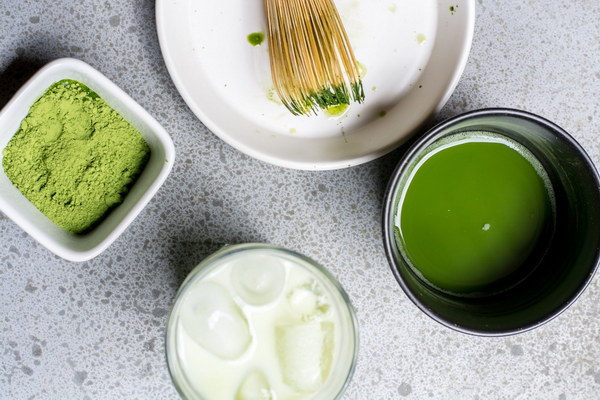Nurturing Winter Wellness Essential Nutritional Tips for Young Girls
Nurturing Winter Wellness: Essential Nutritional Tips for Young Girls
Winter can be a challenging time for young girls, as the cold weather often leads to a decrease in their energy levels and immunity. Ensuring that they receive proper nutrition during this season is crucial for their overall health and development. Here are some essential nutritional tips to help young girls stay warm, healthy, and energetic throughout the winter months.
1. Warm and Nutritious Breakfasts
Starting the day with a warm and nutritious breakfast is a fantastic way to boost a young girl's energy levels and immune system. Consider incorporating the following into their morning meal:
- Whole Grains: Oatmeal, whole grain toast, or whole grain cereal provide sustained energy and are rich in fiber.
- Lean Protein: Scrambled eggs, Greek yogurt, or a handful of nuts can help keep them feeling full and energized.
- Vitamin-C Rich Fruits: Oranges, strawberries, or a glass of orange juice can help ward off colds and flu.
- Dairy: A glass of milk or a serving of cheese provides calcium and vitamin D, which are important for bone health.
2. Hydration is Key
During the winter, it's easy to become dehydrated, especially if children are not drinking enough fluids. Encourage your young girl to drink plenty of water throughout the day. You can also offer warm beverages like herbal tea or warm lemon water to keep them hydrated and warm.
3. Seasonal Vegetables and Fruits
Incorporate a variety of seasonal vegetables and fruits into your daughter's diet to ensure she's getting a wide range of nutrients. Root vegetables like carrots, beets, and sweet potatoes are not only delicious but also packed with vitamins and minerals. Citrus fruits like tangerines and clementines are also in season and a great source of vitamin C.
4. Omega-3 Fatty Acids
Omega-3 fatty acids are essential for brain development and can help improve mood and concentration. Fish like salmon, sardines, and mackerel are excellent sources of omega-3s. If your daughter isn't a fan of fish, consider omega-3 enriched eggs or flaxseeds as alternative sources.
5. Fortified Foods
Many food products are fortified with vitamins and minerals that are particularly important during the winter months. Look for fortified cereals, milk, and orange juice to ensure your daughter is getting adequate levels of vitamin D, which can be depleted during the winter due to less sunlight.
6. Healthy Snacks
Snacking can be a great way to keep energy levels up without overeating. Offer healthy snacks like sliced vegetables with hummus, whole grain crackers, or a handful of almonds. These snacks are not only nutritious but also satisfying and won't cause a rapid spike in blood sugar levels.
7. Avoid Processed Foods and Sugary Drinks
During the winter, it's tempting to reach for processed foods and sugary drinks. However, these can lead to a quick energy boost followed by a crash. Encourage your daughter to avoid these items and opt for healthier alternatives.
8. Regular Meals and Snacks
Maintain a regular eating schedule, including meals and snacks at consistent times. This helps keep blood sugar levels stable and ensures that your daughter has a steady supply of energy throughout the day.

9. Encourage Outdoor Activity
While it's important to stay warm, regular outdoor activity can help boost your daughter's mood and immune system. Encourage her to engage in activities like sledding, skiing, or building a snowman, as long as she's dressed appropriately for the cold weather.
10. Communication and Education
Lastly, it's important to communicate with your daughter about the importance of nutrition and how it relates to her health. Educating her on the benefits of eating well can help foster a lifelong appreciation for healthy eating habits.
By following these nutritional tips, you can help your young girl stay healthy and thriving during the winter months. Remember, a balanced diet is just one part of maintaining overall wellness, so be sure to also encourage regular physical activity and adequate rest.









